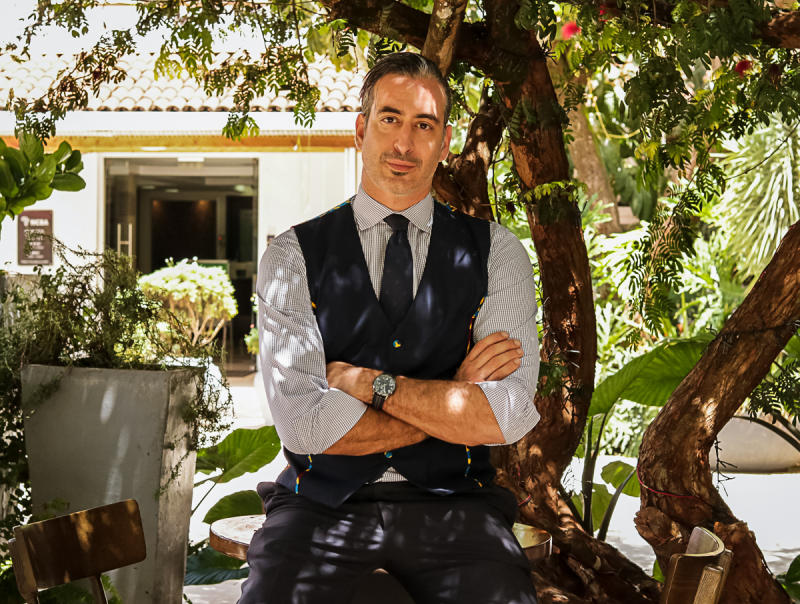×
The Standard e-Paper
Smart Minds Choose Us

You may have an inkling of Frankincense and Myrrh from the story about the wise men who gifted them to baby Jesus, but do you know what they look like? Do you know they can be found in Kenya?
Hustle talked to a private company dealing with natural resources in the arid and semi-arid counties of Kenya and Uganda, on how they extract value from the infertile land.